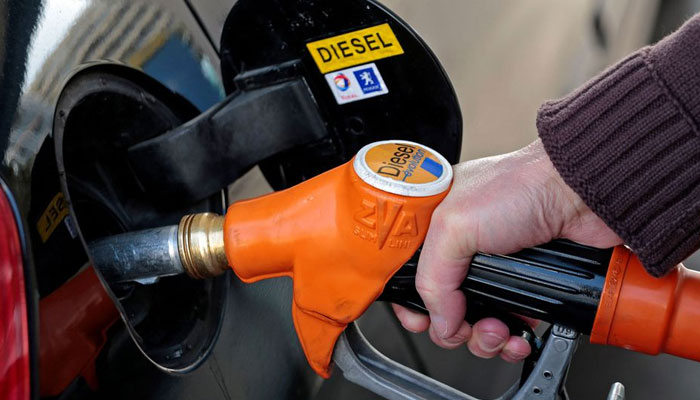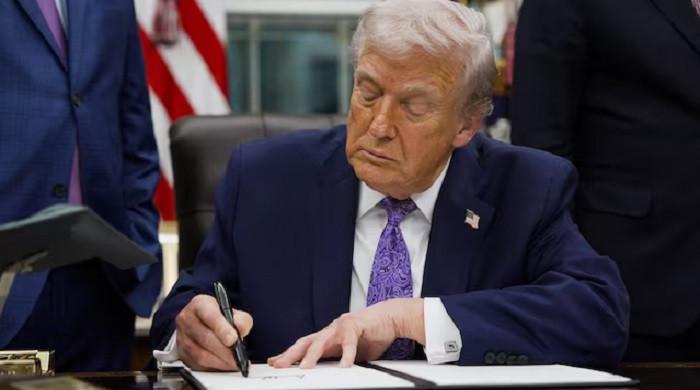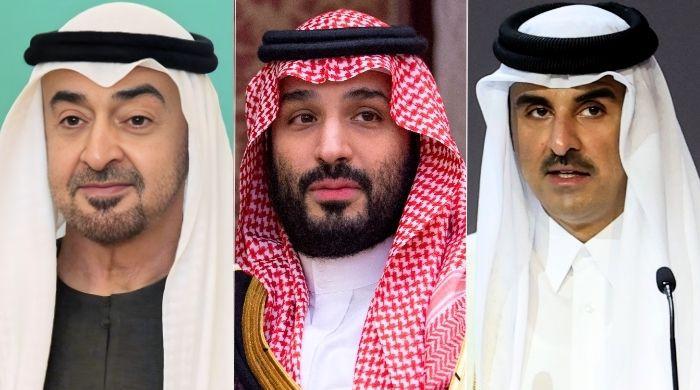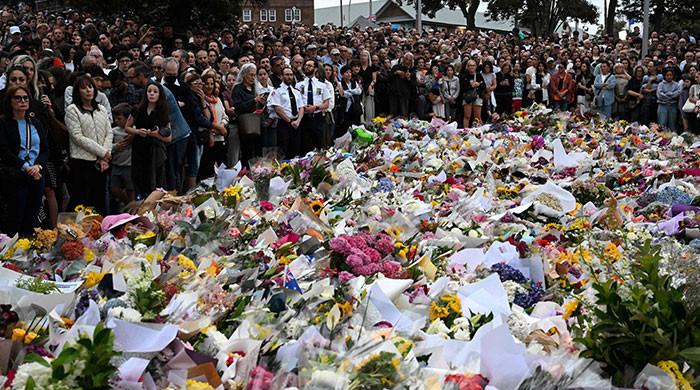Oil falls $7 on Russia-Ukraine talk hopes, China lockdowns
“Oil prices might continue moderating this week as investors have been digesting impact of sanctions on Russia," says analyst
March 14, 2022

- Ukraine and Russia report rare progress at peace talks.
- China's COVID cases this year now exceed the 2021 total.
- UK urges Saudi Arabia to raise oil output.
LONDON: Oil prices fell around $7 a barrel on Monday as investors pinned hopes on diplomatic efforts between Ukraine and Russia to end their conflict, while a surge in COVID-19 cases in China spooked the markets.
Brent was down by $6.78, or 6%, at $105.89 a barrel at 1358 GMT and US crude fell $7.01, or 6.4%, to $102.32.
Both benchmarks have surged since Russia’s February 24 invasion of Ukraine and are up roughly 40% in the year to date.
Ukrainian and Russian negotiators are set to talk again on Monday via video link. Negotiators had given their most upbeat assessments after weekend negotiations, suggesting there could be positive results within days.
“Beside new talks between Ukraine and Russia, I guess new lockdowns in China are the reason for a negative start of the week for crude oil,” said UBS analyst Giovanni Staunovo.
A northeastern Chinese province on Monday imposed a rare travel ban on its population as the region’s Omicron outbreak helped drive China’s tally of new local COVID-19 cases so far this year higher than the total in 2021.
“Oil prices might continue moderating this week as investors have been digesting the impact of sanctions on Russia, along with parties showing signs of negotiation towards [a] ceasefire,” said Tina Teng, an analyst at CMC Markets.
Russia’s output of oil and gas condensate rose to 11.12 million barrels per day (bpd) so far in March, two sources familiar with production data told Reuters, despite sanctions.
The United States has announced a ban on Russian oil imports and Britain said it would phase them out by the end of 2022. Russia is the world’s top exporter of crude and oil products combined, shipping about 7 million bpd or 7% of global supplies.
A senior minister said British Prime Minister Boris Johnson was trying to persuade Saudi Arabia to increase its oil output, while International Energy Agency (IEA) chief Fatih Birol urged oil-producing countries to pump more.
India said it would take “appropriate” steps to calm the rise in oil prices, indicating the country could release more oil from its national stocks if required.
Indian officials also said New Delhi was considering a Russian offer to buy its crude oil and other commodities at discounted prices via a rupee-rouble transaction.
Meanwhile, investors are watching this week’s meeting of the US Federal Reserve, which is expected to start raising interest rates, a move that would boost the dollar and could push down oil prices.
A stronger greenback makes dollar-denominated oil more expensive for holders of foreign currencies.









